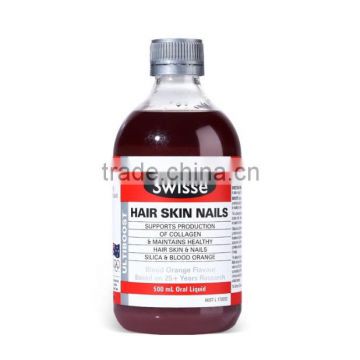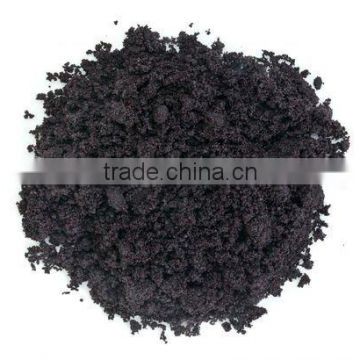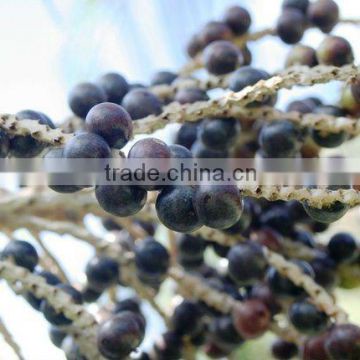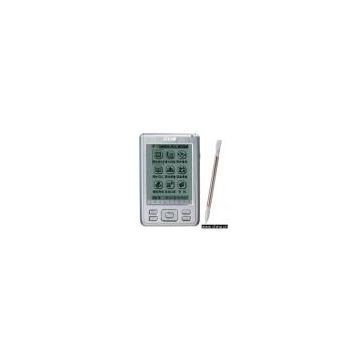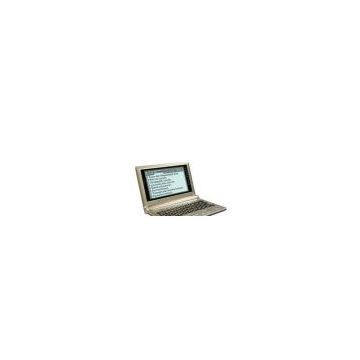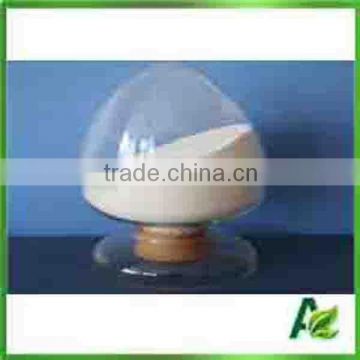Welcome!


Natural Astaxanthin from Haematococcus pluvialis
- T/T MoneyGram
- Bangalore or Chennai India
- 500 Kilogram / Kilograms per Month
Basic Info
| Brand Name | AST | Dosage Form | Capsules | Function | Antioxidant |
|---|---|---|---|---|---|
| Model Number | AST | Place of Origin | Karnataka, India | Type | Other, Supplement |
Product Description
Product Description
Specifications
We offer Natural Astaxanthin 1%, 2%, 3%, 5% and 10% in powder and oleoresin form
Astaxanthin
IUPAC name : (6S)-6-Hydroxy-3-[(1E,3E,5E,7E,9E,11E,13E,15E,17E)-18-[(4S)-4- hydroxy-2,6,6-trimethyl-3-oxo-1-cyclohexenyl]-3,7,12,16-tetramethyloctadeca- 1,3,5,7,9,11,13,15,17-nonaenyl]-2,4,4-trimethyl-1-cyclohex-2-enone
Synonyms : 33’-Dihydroxy-b,b-carotene-4,4’-dione
Molecular formula : C40H52O4
Melting point : 216 °C, 421 °F
Appearance : Red solid powder
Source : Haematococcus pluvialis
What is Astaxanthin?
Astaxanthin is a red carotenoid pigment. Astaxanthin is similar in structure than beta-carotene. The small differences in structure cause large differences in the chemical properties. Astaxanthin is found in microalgae, yeast, salmon, trout, krill, shrimp, crayfish, crustaceans, and the feathers of some birds. Astaxanthin is a natural nutritional component; it can also be used as a food supplement. The supplement is intended for human, animal, and aquaculture consumption. The commercial production of astaxanthin comes from natural sources.
The following sources are used for the commercial production of astaxanthin:
- Haematococcus pluvialis (Microalgae)
- Euphausia pacifica (Pacific krill)
- Euphausia superba (Antarctic krill)
- Pandalus borealis (Arctic shrimp)
- Xanthophyllomyces dendrorhous, formerly Phaffia rhodozyma (yeast)
Astaxanthin is produced by microscopic small plants: the micro-alga Haematococcus pluvialis. Haematococcus algae can contain up to 35 g of astaxanthin per kg dried algae comparatively higher amount than other source.
Health Benefits of Astaxanthin:
Astaxanthin is a powerful antioxidant that may improve our immune system and may protect against neurodegenerative conditions, against UV-light effects and against cancer.
Antioxidant:
Astaxanthin is a powerful antioxidant and may protect against oxidative damage to body tissue. The free radical scavenging activity of Astaxanthin protects lipids from peroxidation and reduces oxidative damage of LDL-cholesterol, cells, cell membrane, mitochondrial membranes.
Immune response:
Astaxanthin seems to improve the immune response by increasing the number of antibody producing cells. It may also protect immune cells against oxidative stress and membrane damage.
Neuroprotection:
Many studies indicate that Astaxanthin may be potential candidate to treat neurodegenerative diseases such as Alzheimer and Parkinson diseases.
Anti-cancer effects:
Many studies have demonstrated the anti-cancer effects of Astaxanthin. The inhibitory effect of Astaxanthin on cancer is stronger than beta carotene. This phytochemical may be involved in the regulation of cell communication at gap junctions, induction of apoptosis, modulation of immune response and induction of xenobiotic metabolizing enzymes.
Heart Health Benefits:
Astaxanthin could be beneficial for heart health by reducing inflammation, preventing oxidation of cholesterol and by modifying blood levels of cholesterol. Oxidative stress and inflammation, mainly caused reactive oxygen species and reactive nitrogen species, are implicated in atherosclerotic cardiovascular disease.
Astaxanthin Powder
Stability
Astaxanthin can loose some of their activity in foods during storage due to the action of enzymes and exposure to light and oxygen
Storage Conditions:
This material is to be stored in a tightly sealed bag/container and to be kept in a cool place away from moisture, heat and direct sunlight.
CONFIRMATION OF BSE/TSE STATUS
This is to certify that this product complies with all relevant current UK and EU Legislative requirements in regard to Transmissible Spongiform Encephalopathy (TSE) and Bovine Spongiform Encephalopathy (BSE) for human food, and so is free of TSE/BSE.
This is also to certify that, during the course of their manufacture, the above-mentioned product did not come into contact with any materials, which could be derived from TSE/BSE risk materials.
CONFIRMATION OF GMO STATUS
This is to certify that this product is not manufactured from GMO raw materials and is therefore not subject to labelling under regulations 1829/2003/EC and 1830/2003/EC.
CONFIRMATION OF NON IRRADIATION STATUS
This is to certify that this product, whole or in part, has not been subjected to Ionizing Radiation as per European Directives 1999/2/EC and 1000/3/EC.
CONFIRMATION OF PESTICIDES STATUS
This is to certify that the above-mentioned product complies with the regulation (EC) No.396/2005 of 23rd February 2005 and commission Regulation (EU) No. 559/2011 of 7th June 2011.
Recommended Products
Recently Viewed
Contact Us
BIO EXTRACT





